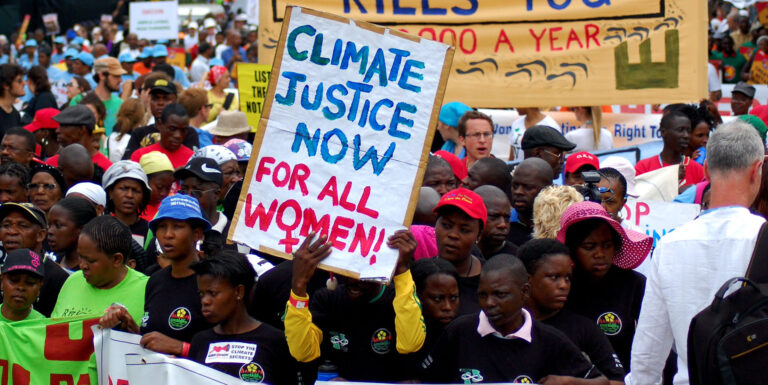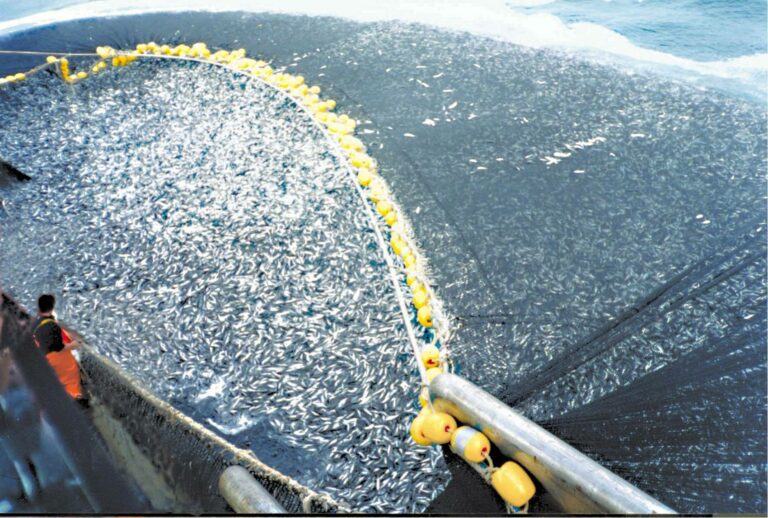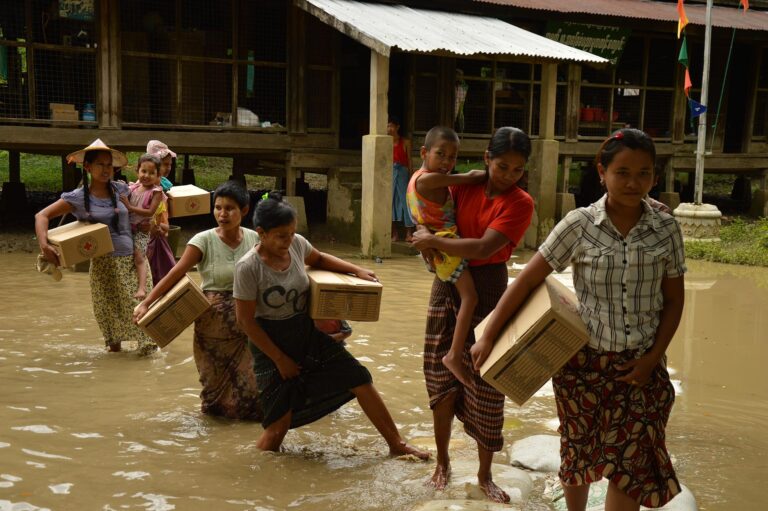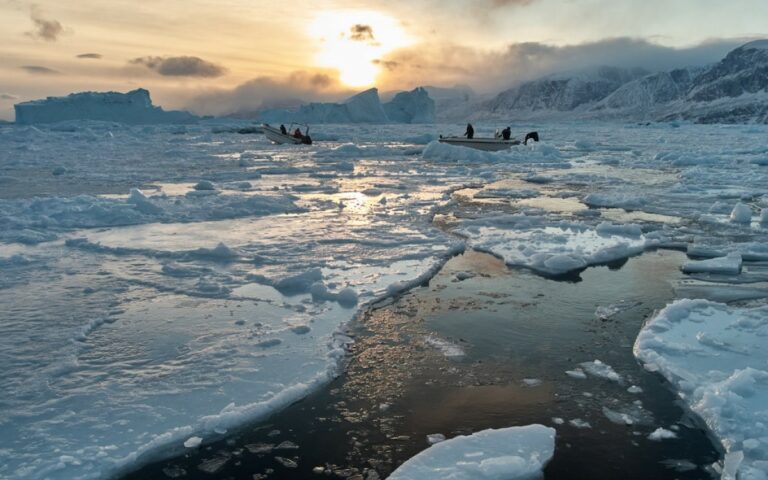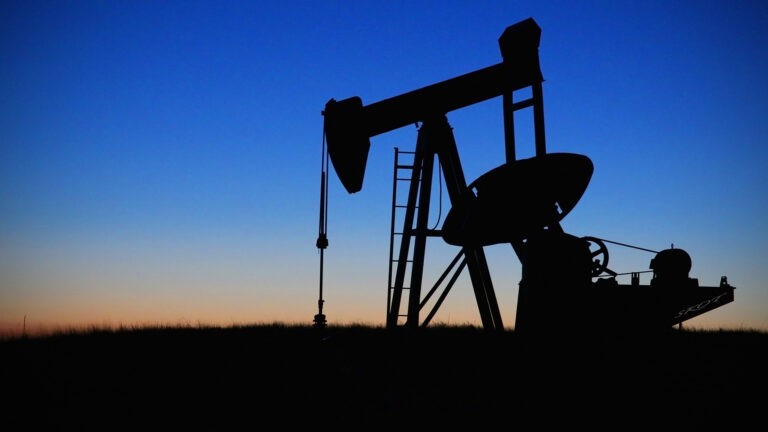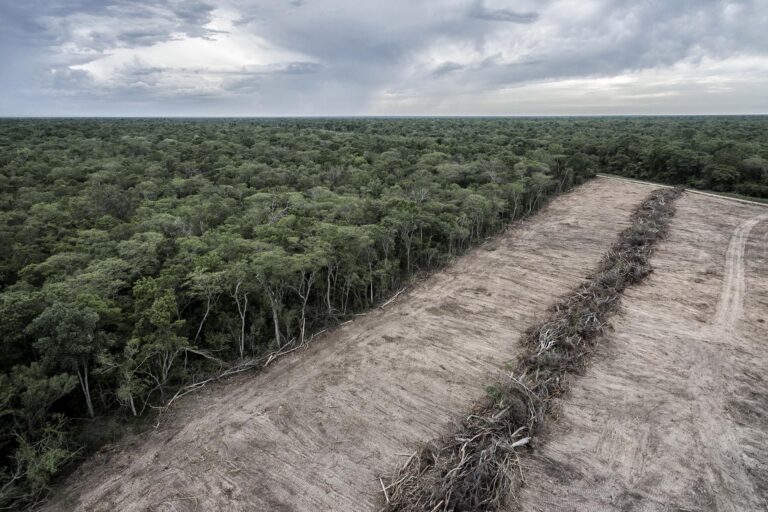The exercise of the right to freedom of assembly and peacefully protest is...Read More
Loss and damage refers to climate impacts that cannot be avoided with or without climate mitigation and/or adaptation measures.
Loss and damage may be measured in either economic or non-economic losses and are triggered by both extreme weather and slow onset events.
Economic losses have a financial value. They include damage to buildings and physical infrastructure during extreme weather events as well as loss of income from tourism or crop failures.
Non-economic losses cannot be monetized and are some of the most devasting climate impacts, including the loss of life, land and homes that need to be abandoned, forced migration, permanent ecosystem destruction, and the loss of culture.
Vulnerable, developing countries – including small island developing states – have long called for countries and companies who have been responsible for the emissions that have caused the climate crisis to accept liability and pay compensation for climate-related loss and damage. But countries in the Global North, including the United States and European Union member states, have long refused to accept responsibility.
While the Paris Agreement mentions the importance of multilateral cooperation on loss and damage, it does not include any specific funding for loss and damage, and an accompanying COP decision notes that the inclusion of loss and damage in the Paris Agreement, “does not involve or provide a basis for any liability or compensation.”
For the past decade, international coordination on loss and damage has been coordinated by the Warsaw International Mechanism for Loss and Damage, which is mandated to provide technical support to developing countries that are particularly vulnerable to climate-related loss and damage. Crucially, it does not include any funding mechanisms.
At COP27 in 2022, parties to the UN Framework Convention on Climate Change finally and reluctantly agreed to establish a dedicated fund for addressing loss and damage. If adequately funded, this would be an important step toward helping communities most impacted by the climate crisis recover. A Transitional Committee of twenty-four country representatives has been established to develop concrete recommendations for the loss and damage fund before COP28, currently scheduled to be held in Dubai, United Arab Emirates in late-2023.
Photo Credit: A coastal town in Haiti is flooded following Hurricane Sandy. Such weather events are becoming increasingly extreme and frequent as climate change worsens. Photo by Logan Abassi (UN Photo) (CC BY-NC-ND 2.0)
More reading...
Overfishing is a serious marine issue with direct effects on both climate change...Read More
Climate change and the environmental degradation it causes lead to the violation of...Read More
Cultural destruction is a less well-recognized form of climate-induced loss and damage and...Read More
One of the most urgent challenges for global efforts to address the climate...Read More

